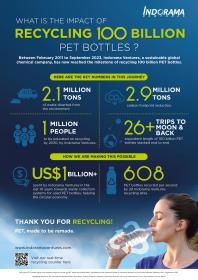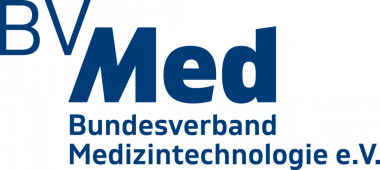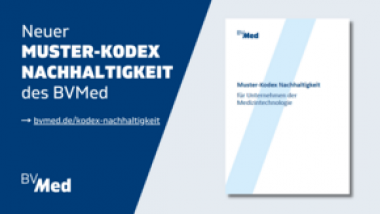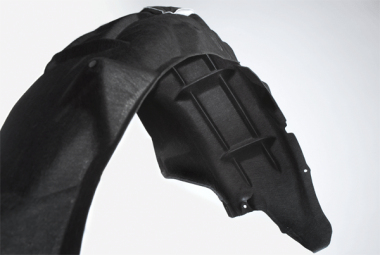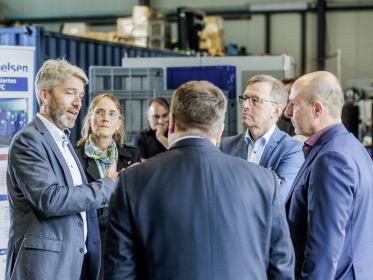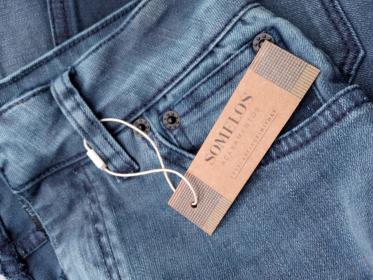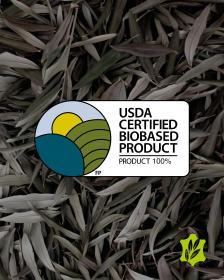ITM 2024 presenting motto: 'Discover the Future'
ITM Exhibitions will open its doors to host "ITM 2024 International Textile Machinery Exhibition" from June 4-8, 2024. Preparations are in full swing for the organization, where textile technology leaders will bring the latest products together with their visitors for the first time.
The ITM team focused on advertising and promotional activities in order to host thousands of visitors and sector investors from all over the world at the ITM 2024 Exhibition, which halls were almost full due to intense participation demands. In this context; 'ITM 2024 Video', which tells the story of the increasing success of ITM exhibitions over the years and which is eagerly awaited by the whole sector, has recently been published. The video, which was published in Turkish and English on social media accounts such as YouTube, LinkedIn, Instagram, Twitter and Facebook, was viewed by more than 30 thousand people in total and received great appreciation from the viewers.
“Discover the Future!” in the video prepared with the main theme “Discover innovations, technologies, the future...” and including clues about the ITM 2024 Exhibition, was revealed as follows:
The textile sector is among the souls of the economy with its production capacity, export volume, and contribution to employment. Many R&D centers around the world and in Turkey are breaking new ground by taking their work and innovations one step further every day. Textile technology leaders are developing technologies that consume less water and energy, are easy to use, are software and automation supported, keep up with trends and respect the environment while doing so. Industry stakeholders, especially textile manufacturers, are now curious about the answer to this question: 'What will be the future of the textile industry, which is digitalizing, complying with sustainability principles, and signing groundbreaking innovations? This question will be answered at ITM 2024, which will host the latest innovations, technologies, artificial intelligence-supported machines, software and design excellence devices in textile machinery.
ITM Exhibitions






